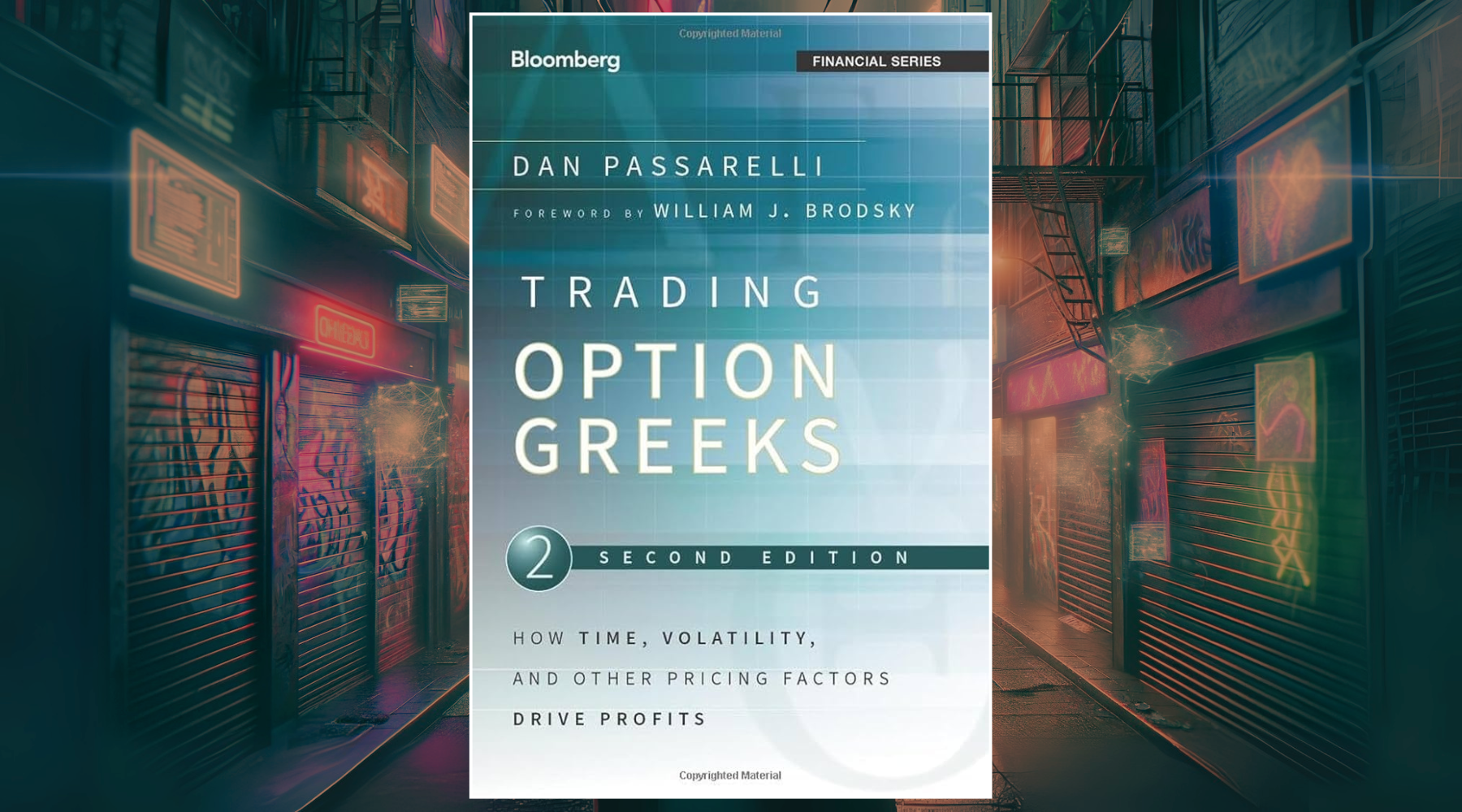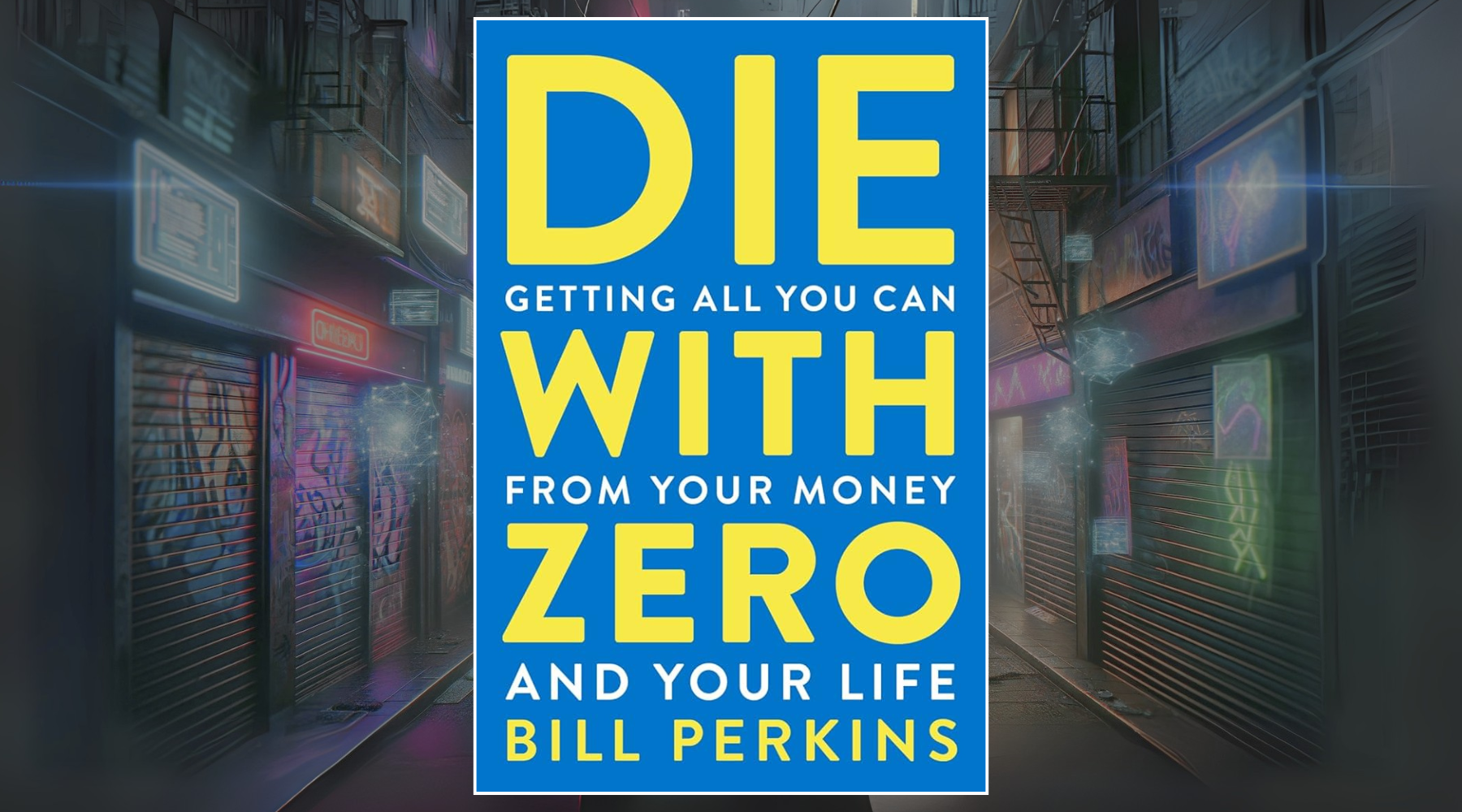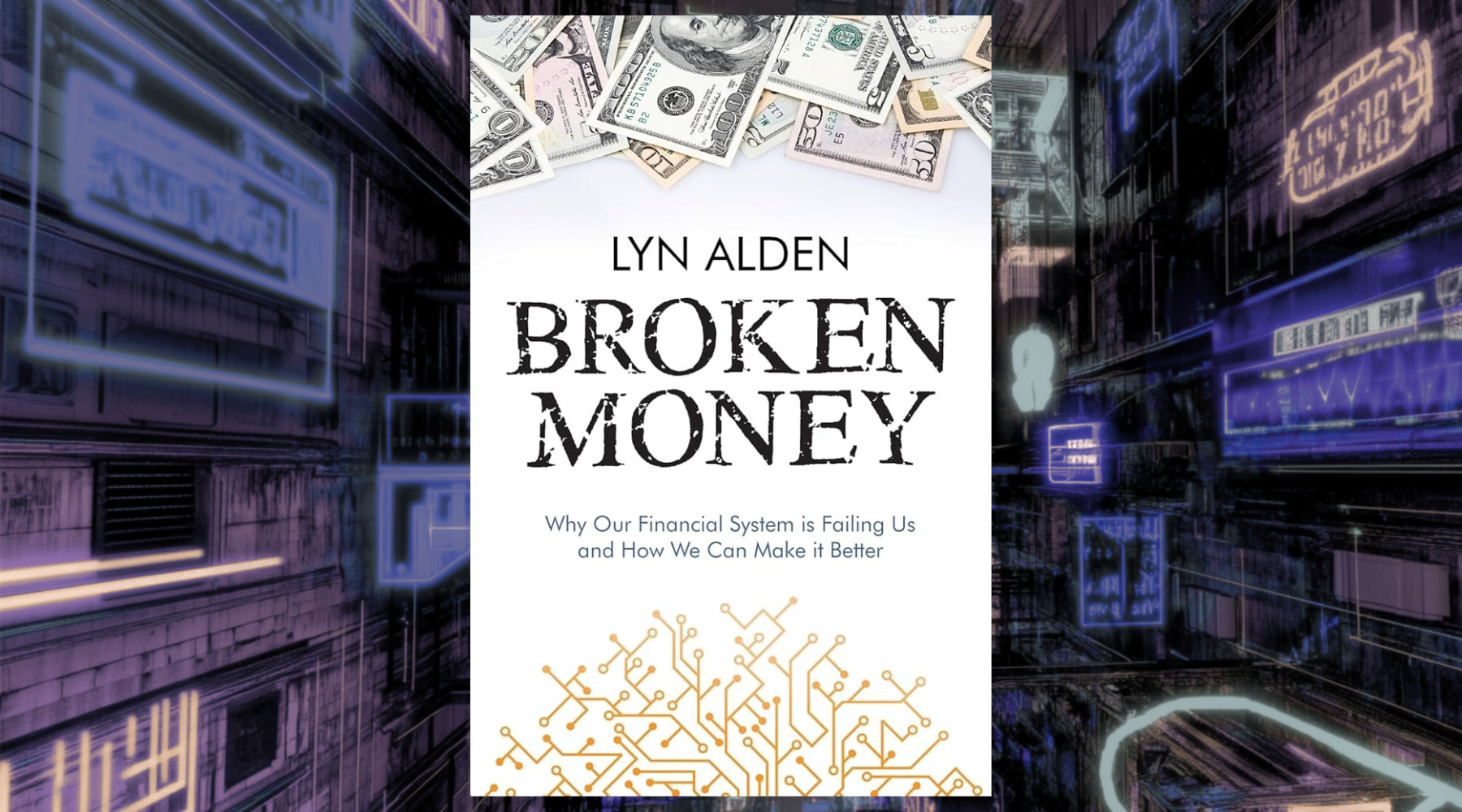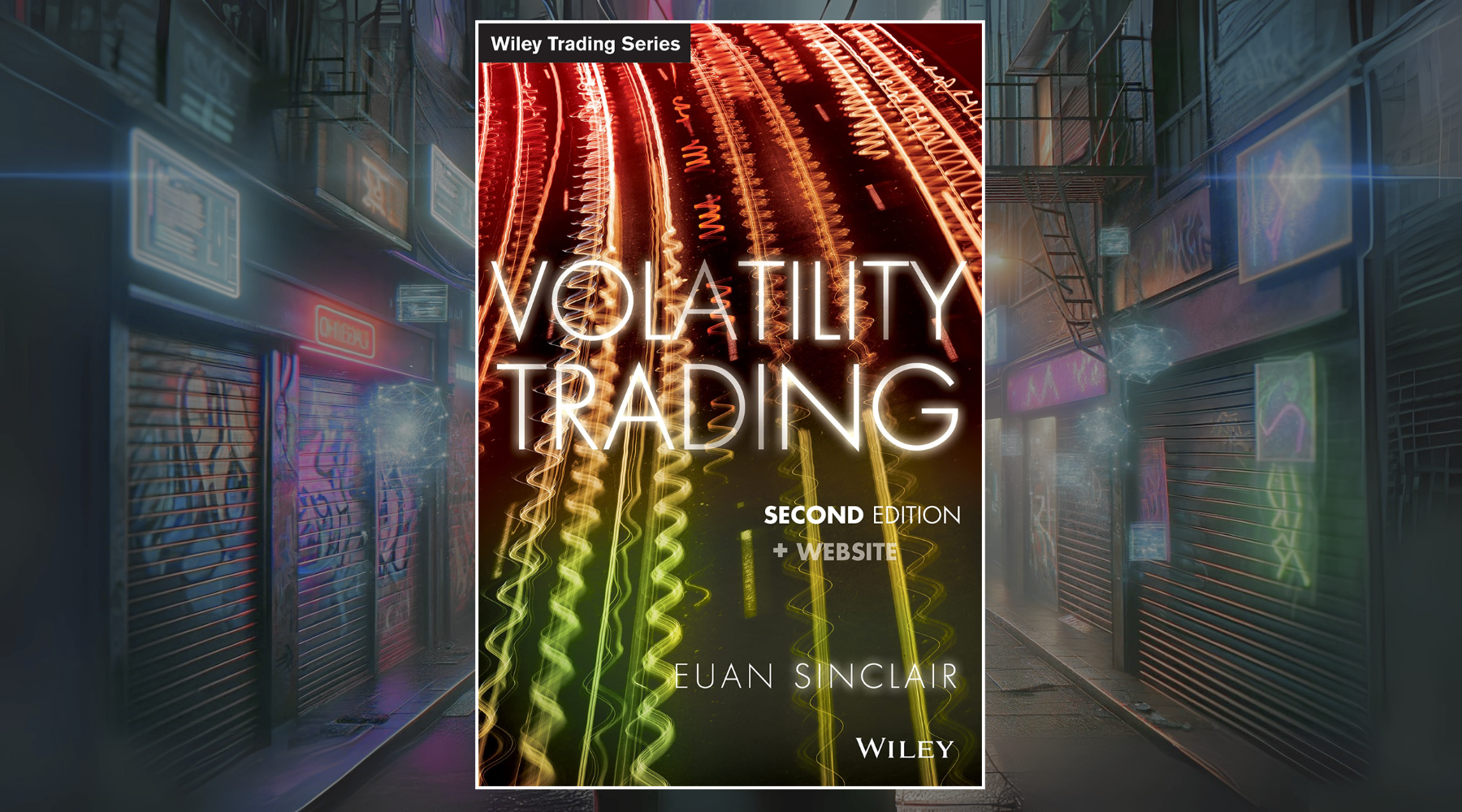Quick Intro to Learning How to Day Trade
I’ve helped quite a few people over the last couple years get into day trading. I decided to write this so from here on out I can just refer them to this article and let them begin the journey from here. I’ll continually update this information anytime something new comes up that should be added or removed from this page. I’m not selling anything here or trying to profit off anything in this article, this is more of a guide that I can refer to someone that I meet who is trying to get into day trading. But if you stumbled across this article on your own, well then you might as well take advantage of this collection of my notes.
Whether you’re getting into day trading as a hobby, or day trading as a potential career path, you’ll have to be willing to put in more work that you’re probably expecting.
“You must know that the minute you sit in front of a computer screen studying the markets, you are facing not only the smartest people in the world, but the most competitive. You are facing ex-professional athletes who already know what it takes to succeed in the athletic arena. You are facing Ivy League scholars. Finally, you are facing institutions that have an endless supply of capital from which to move markets, move stocks, and bounce you around like a ping-pong ball in the wind. After opening a trading account, like David facing Goliath, you are undermanned, underequipped, and the odds are significantly against your success. If you are not ready to commit the time and energy it takes to gain an edge against these challenging odds, do yourself a favor and find someone capable of managing your money with a proven track record of success”. ~ Quint Tatro
Here is what you’ll eventually be spending most of your time doing:
- Reading - Whether you are someone that already enjoys reading or not, there will be a ton of reading you need to do. Don’t be discouraged if you’re not a reader. Once you really start to feel that excitement build from knowing that you’re about to make a serious attempt at day trading, you’re going to be more motivated to read anything you can that could possibly give you an edge at being successful with trading.
- Studying Charts - This is something I’ve always enjoyed doing. Once you find a strategy or setup that you prefer to trade, looking for this setup in charts is actually pretty fun. You’re going to spend hours studying charts so I hope you feel the same way I do about charting. Most likely you will enjoy it too.
- Journaling Trades - This is something that I honestly never liked doing. Well I guess there were times that I thought I was on to something with a new trading setup and I was excited to see my statistics with a specific new setup. Other than that, this is the “work” part of day trading. It’s something that you have to do or you will just fall behind the crowd. Luckily nowadays there is some really great softwares out there that can help you with journaling your trades. TraderVue and TraderSync specifically. We’ll talk about them later.
- Chat Rooms - You’re going to need to find a chat room that fits your style of trading. At first, don’t just go signup for a chatroom because they looked enticing or you saw a video of that specific chatroom on youtube. Your chat room that you join is going to be your trading community that you spend most days learning from. Hold off on joining one until you have a better idea of the style of trading that you’re going to be most attracted to. That’s something that we’ll talk about later on.
- Stock Scanners - Scanners are necessary to find stocks to trade. Your scanners will always be up on your screen when you’re trading. These scanners can be customized so that whatever your strategy is, you’ll be able to see the stocks that fit the criteria you are looking for. This gets rid of the rest of the noise.
Here's a screenshot of Trade-Ideas stock scanners (probably the most commonly used scanners for day traders)

How To Start Day Trading
There’s 2 things that I always recommend when starting out day trading.
- Start Reading Beginner’s Day Trading Books
- Setup up a Paper Trading Account with a Broker
Recommended Beginner’s Day Trading Books
I love to read, and have read most beginner’s day trading books that you can find out there. Remember, these are for the very beginner. Just follow my process, and then I’ll be recommending books that build upon what you will have learned from these books.
Beginner day trading books are mostly going to focus on the basics of risk management, how to follow trends, and lessons in technical analysis.
I have a list of books that I usually recommend, but I have friends that day trade who loved books that I didn’t really like and vice versa. So I really recommend reading any beginner trading books, even if they aren’t on my list. You can find most of these books used on ThriftBooks.com or on Amazon.
These are my top beginner’s day trading books:
-
 The Candlestick Course, by Steve Nison - This is a good starter course into reading Candlestick charts. Understanding how to read candlestick charts is an absolute must. You can skip this book if you already know how to read candlestick charts, but if not, make sure you read this or another candlestick reading book. This is part of a series of books by Steven Nison on candlestick reading, but for beginners, this is the best one to start on.
The Candlestick Course, by Steve Nison - This is a good starter course into reading Candlestick charts. Understanding how to read candlestick charts is an absolute must. You can skip this book if you already know how to read candlestick charts, but if not, make sure you read this or another candlestick reading book. This is part of a series of books by Steven Nison on candlestick reading, but for beginners, this is the best one to start on. -
 The Art & Science of Technical Analysis, by Adam Grimes - There’s a lot of great technical analysis books out there, but this one stands out to me as something that every trader should have read at least once. This book does a good job showing different trading setups and how to spot trends and trading ranges. Technical analysis will eventually become something you don't have to even think about, it will come naturally. But to get to that place, you need a solid foundation and tons of reading on the topic.
The Art & Science of Technical Analysis, by Adam Grimes - There’s a lot of great technical analysis books out there, but this one stands out to me as something that every trader should have read at least once. This book does a good job showing different trading setups and how to spot trends and trading ranges. Technical analysis will eventually become something you don't have to even think about, it will come naturally. But to get to that place, you need a solid foundation and tons of reading on the topic. -
 Trade the Trader: Know Your Competition, by Quint Tatro - I didn’t read this as a beginner, but later on when I read this book it instantly became one that I started recommending for traders to read. It’s written more for a beginner trader but with really great insights that likely will not be picked up by a beginner trader. So maybe this isn’t an “absolute beginner” book, but the way it’s written makes it a book that a beginner will be able to follow along and understand most of it. Plus it’s a very easy to read book. The only problem is that it’s a really rare book, and costs around $300 right now. You can find it on PDF online pretty cheap though, so go that route if you can.
Trade the Trader: Know Your Competition, by Quint Tatro - I didn’t read this as a beginner, but later on when I read this book it instantly became one that I started recommending for traders to read. It’s written more for a beginner trader but with really great insights that likely will not be picked up by a beginner trader. So maybe this isn’t an “absolute beginner” book, but the way it’s written makes it a book that a beginner will be able to follow along and understand most of it. Plus it’s a very easy to read book. The only problem is that it’s a really rare book, and costs around $300 right now. You can find it on PDF online pretty cheap though, so go that route if you can. -
 How to Day Trade: A Detailed Guide, by Ross Cameron - Ross teaches a style of day trading that appeals to the new trader. His trading style shows how you can make a lot of money in seconds. He occasionally streams live on YouTube and seeing him make $2000 in a minute or two is very appealing to the new trader. This is a bit of a mirage. I personally would not recommend trading this "breakout" style when you first get into day trading, but he is a really good teacher. His book is written specifically for the absolute beginner. There’s a lot to learn from this book if you know basically nothing about trading. Just be cautious about trading his style, known as “momentum trading (momo) or breakout trading”. It can be profitable, but it’s also a very easy and quick way to lose money fast if you don’t really have a solid grasp on this style. Ross also has a popular active chat room that we’ll talk about later.
How to Day Trade: A Detailed Guide, by Ross Cameron - Ross teaches a style of day trading that appeals to the new trader. His trading style shows how you can make a lot of money in seconds. He occasionally streams live on YouTube and seeing him make $2000 in a minute or two is very appealing to the new trader. This is a bit of a mirage. I personally would not recommend trading this "breakout" style when you first get into day trading, but he is a really good teacher. His book is written specifically for the absolute beginner. There’s a lot to learn from this book if you know basically nothing about trading. Just be cautious about trading his style, known as “momentum trading (momo) or breakout trading”. It can be profitable, but it’s also a very easy and quick way to lose money fast if you don’t really have a solid grasp on this style. Ross also has a popular active chat room that we’ll talk about later. -
 A Complete Day Trading System, by Thor Young - This is a really great beginner’s book for trading. Thor’s style of trading is something that I would say is a great starting point for day trading. This style of “pivot trading” is an easier way to quantify your risk per trade as compared to “breakout trading”. This is also a style that you can trade at any size level of your career. It’s a full system book. Thor is a member of the Bear Bulls trading community which has a popular and active trading community.
A Complete Day Trading System, by Thor Young - This is a really great beginner’s book for trading. Thor’s style of trading is something that I would say is a great starting point for day trading. This style of “pivot trading” is an easier way to quantify your risk per trade as compared to “breakout trading”. This is also a style that you can trade at any size level of your career. It’s a full system book. Thor is a member of the Bear Bulls trading community which has a popular and active trading community. -
 The Market Whisperer, by Meir Barak - It’s not that I’m a fan of his style of trading or anything specific, but I just thought this was a great book to cover all the basics about how to place a trade and understanding simple trading processes and theories. This book is a nice beginner's "step-by-step" guide for getting setup to place your first trades. Meir has a chat room, although it’s been a few years since I’ve really seen them active, but they might still be around.
The Market Whisperer, by Meir Barak - It’s not that I’m a fan of his style of trading or anything specific, but I just thought this was a great book to cover all the basics about how to place a trade and understanding simple trading processes and theories. This book is a nice beginner's "step-by-step" guide for getting setup to place your first trades. Meir has a chat room, although it’s been a few years since I’ve really seen them active, but they might still be around.
Read those books, or at least a few of them at minimum to understand some basics. If you skip those beginner books, it’s going to be easy for you to skip other steps of your trading education, and that’s usually a sign of someone that doesn’t have the commitment level to stay in this game very long
Choosing a Broker For Day Trading
Best Brokers for Day Trading
As of writing this, I’d recommend signing up with either Centerpoint Securities or with Success Trader. Both of these are great brokers, they both allow short selling, and are both compatible with DAS platform, which is the most used trading platform by day traders. The downside and hurdle for most people with these 2 brokers is that there is a $30,000 minimum account size.
Charles Schwab is also a great platform, depending on your trading style, with no account minimum. Schwab gives you access to the Think Or Swim software as well which is used by most day traders.
I currently am using Success Trader, although I have a Schwab account that I trade Options on as well.
Any of these brokers would be fine for day trading:
- Success Trader - $30,000 minimum to open an account
- Centerpoint Securities - $30,000 minimum to open an account
- Charles Schwab - No minimum
- Ninja Trader - No minimum. For Futures trading
- Interactive Brokers - No minimum
Here's a screenshot of a Think Or Swim chart:

With Charles Schwab you get free access to Think Or Swim which is a powerful Charting Software. A lot of traders open a small account with Schwab just for this charting software access.
Setting Up a Paper Trading Account
A paper trading account is a trading account, but you get to trade with fake money. So you can test out strategies and make all the mistakes you want without the risk. This isn’t something you should be doing for more than maybe 3-4 months. The problem with paper trading is that it takes the emotions out of trading. You won’t understand this until you have real money on the line. But paper trading is a great way to learn the software and understand how to place trades. It also gives you a chance to test out a few different trading styles and strategies.
I’d recommend going to DasTrader.com and set up a paper trading account from there.
Trade with a paper account for a few months. After that, fund your account, which depending on where you’re trading at you may have a $25,000 or $30,000 minimum (you can find brokers with no minimums to trade but it comes with limitations).

Finding Your Day Trading Chat Room
I’ll go into more detail in a separate article for all the major day trading chat rooms out there. But here’s a quick guide to find a room depending on the style of trading you are looking for.
Top Chat Rooms For Day Trading Strategies
- My Investing Club (MIC) - Great room, I spent a year there, they are focused on a few specific Short setups in small cap stocks. MIC was created by Alex Temiz and Bao “Modern Rock”. Both are amazing traders and teachers. Bao is hilarious.
- Warrior Trading - This is where I spent my first year of trading and learning. Ross Cameron who runs the room is pretty famous as one of the best Breakout and Momentum traders, and that’s what he teaches in the room. Ross is also a really great teacher and has hours and hours of training videos.
- Bear Bull Traders - My brother is in this room and loves it. They focus mainly on Large Cap stocks with high volatility and liquidity. I know some of the traders from this room and they all love it, but other than that I don’t have much more info on them off the top of my head.
- The Friendly Bear (Conscious Trading Academy) - This room is run by David Capablanca, he has a really great podcast that I’ve learned a ton from, including interviews from several Market Wizards and the biggest names in stock trading. His room is focused on very specific criteria with Shorting small cap stocks. Mostly looking at the fundamentals of the company. David’s room is very focused on constantly evolving and learning. This is the one room that I’ve been a member of that I can see the leadership and moderators are hungry for more knowledge and always looking to add to their edge. In the Friendly Bear discord room, if you put in the work you can get invited into the Trade Floor room which is a select few top analysts, all of which are superb traders. This is a room for someone looking to advance far beyond an average day trader.
- Investors Underground - Nate Michaud started this room and is the head moderator. He likes to focus on Mid-Cap stocks mostly from what I’ve seen lately. He does trade small caps and large caps also, and I see him lately discussing Options trading a little more. But he’s mainly a mid-cap Short trader. Nate gives daily video plans to his room every morning and then does a free Sunday scan on YouTube. I was a member for a year, and I thought the room was very helpful for where I was at in my trading. Even if you don’t join this room I recommend following Investors Underground on YouTube.
- Trader Tv - This is a free YouTube channel that is run by Shawn and Neil, two really great Large cap traders. You can watch them trade live with all the analysis in their decisions right there. I tune into this show every morning at 8:30am to get highlights of everything that is happening in the market for the day. They do a great job covering market data and events that have potential to move the market.
- Stocks To Trade - I’ve never personally been a member of this room but I do follow a lot of traders from Stocks To Trade. There are a lot of famous day traders that came from this room that I can think of. They focus on Long trading small caps mainly.
Continue Learning to Trade Through YouTube
I spent sooooo many hours watching YouTube videos when I was first trying to learn. It’s such an amazing resource. The hard part is sifting through all the crap and bad information out there.
Here’s a list of channels I would recommend checking out. They all have different styles of trading, and I’m not going to organize them by that here, so just check out each one and decide for yourself if it’s something you’re going to be able to take away much information from. I do believe you can learn from all of these channels even though many have competing strategies.

Conclusion
If you’ve made it this far, you realize the value I place in Reading and Community. There is basically an unlimited amount of information out there regarding day trading. However you go about learning to day trade, just make sure you don’t get overconfident in your first year of trading and start risking more than you’re willing to lose, because you probably will lose that. It’ll likely take a few years for you to really get the hang of it, and then a few more years to get profitable. So make sure you have enough money put away or a real job to get you through those first years of learning and studying.







